
Tread cautiously
Due diligence, responsible business conduct, and business relationships with land rights violators
Multinationals doing business with repressive regimes often find themselves in a minefield of human rights risks. They must therefore tread extremely carefully, if engaging with these states at all. This publication analyses pharmaceutical giant Novo Nordisk’s acquisition of land from controversial Iranian business conglomerate EIKO and the human rights concerns it raises. From the analysis, the paper distils five key takeaways for companies considering buying or leasing land in contexts fraught with human rights risks.
When Novo Nordisk decided to purchase land and enter Barakat Pharmaceutical Town in 2016, the controversial reputation of EIKO, the Iranian counterpart selling the land, was well-known. This should have raised serious red flags within Novo Nordisk. It should also have triggered the Danish pharmaceutical company to conduct a corresponding degree of human rights due diligence because of the severe risks associated with partnering with EIKO and purchasing land that may have been controversially confiscated from minority communities, political dissidents, or other persecuted persons prior to its sale. Instead, Novo Nordisk’s due diligence prior to the purchase of the land was opaque and appears to have focused too narrowly on compliance with strictly legal and technical aspects, such as the US sanctions regime and a government-issued land title, and too little on human rights due diligence with a heightened degree of caution, meaningful stakeholder engagement, and transparency.
While the provision of medicines that are crucial for the fulfilment of the human right to healthcare in Iran or any country is indeed a laudable aim, the pursuit of this aim does not exempt companies from respecting other human rights, and conducting appropriate human rights due diligence to ensure that they are not linked or contributing to potentially severe abuses of other human rights.
This publication is part of a series of four discussion papers, in which SOMO and Justice for Iran analyse companies that ran into trouble due to their activities in Iran, because they were ill-prepared for the risks of becoming involved in the regime’s human rights abuse. As the momentum for mandatory due diligence legislation grows around the world, it is important to draw lessons from these examples. The first paper in this series discussed the involvement of telecom companies in human rights violations.
Do you need more information?
-

Joseph Wilde-Ramsing
Advocacy Director
Partners
-
Justice for Iran
Publication
Related content
-
Under a watchful eye Published on:Posted in category:Publication
-
Should I stay or should I go? Published on:
 Joseph Wilde-RamsingPosted in category:Publication
Joseph Wilde-RamsingPosted in category:Publication Joseph Wilde-Ramsing
Joseph Wilde-Ramsing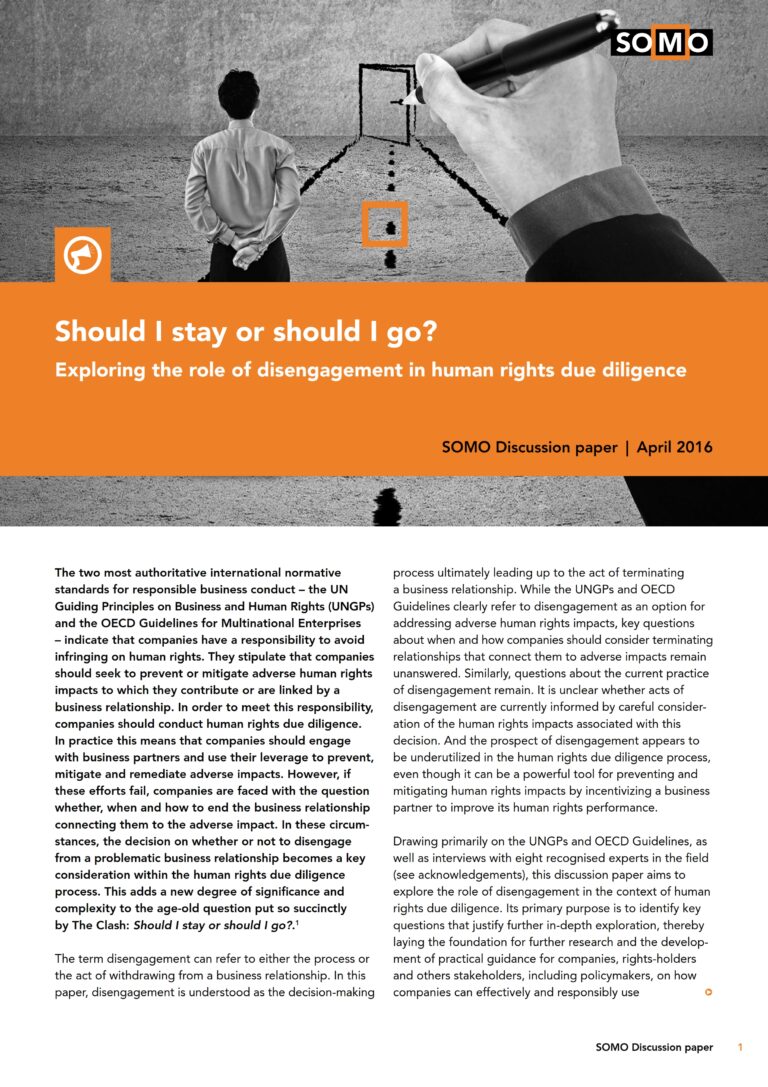
-
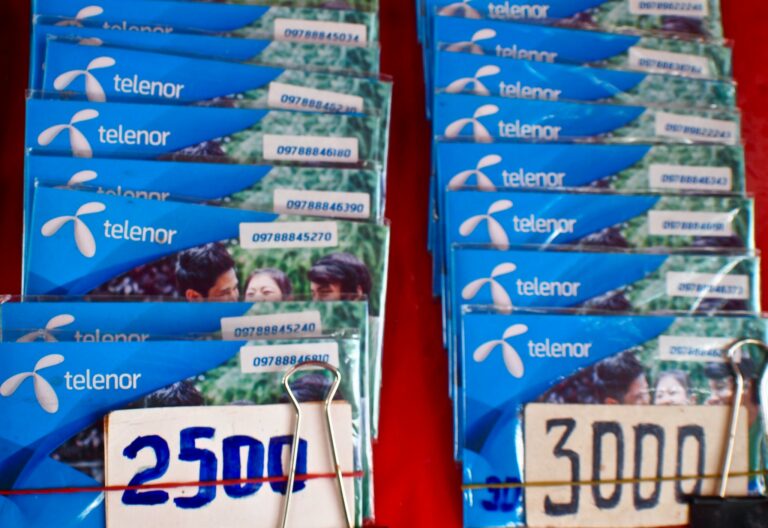 Complaint against Telenor for irresponsible disengagement from MyanmarPosted in category:News
Complaint against Telenor for irresponsible disengagement from MyanmarPosted in category:News Joseph Wilde-RamsingPublished on:
Joseph Wilde-RamsingPublished on: -
Posted in category:Publication
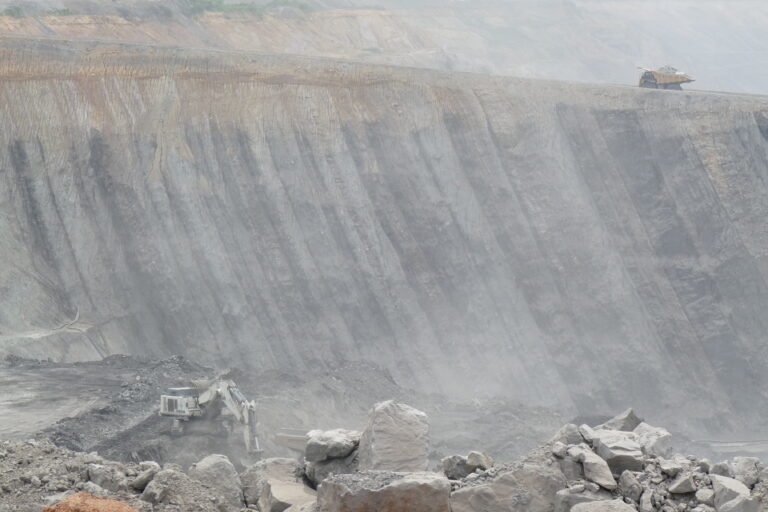
-
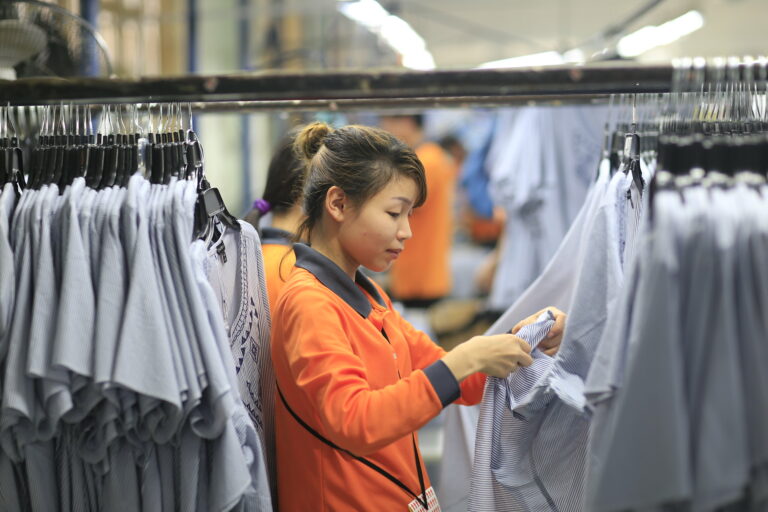 Corona crisis lays bare the need for responsible conduct in dealing with business relationshipsPosted in category:News
Corona crisis lays bare the need for responsible conduct in dealing with business relationshipsPosted in category:News Joseph Wilde-RamsingPublished on:
Joseph Wilde-RamsingPublished on: -
Responsible disengagement in the time of corona Published on:
 Joseph Wilde-RamsingPosted in category:Publication
Joseph Wilde-RamsingPosted in category:Publication Joseph Wilde-Ramsing
Joseph Wilde-Ramsing -
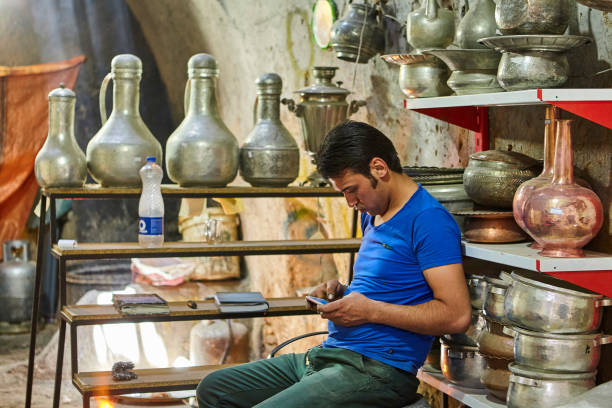 Posted in category:Webinar: Respecting human rights in the next business rush to IranVideoPublished on:
Posted in category:Webinar: Respecting human rights in the next business rush to IranVideoPublished on: -
 Telecom companies must not let their services become tools of repressionPosted in category:NewsPublished on:
Telecom companies must not let their services become tools of repressionPosted in category:NewsPublished on:

